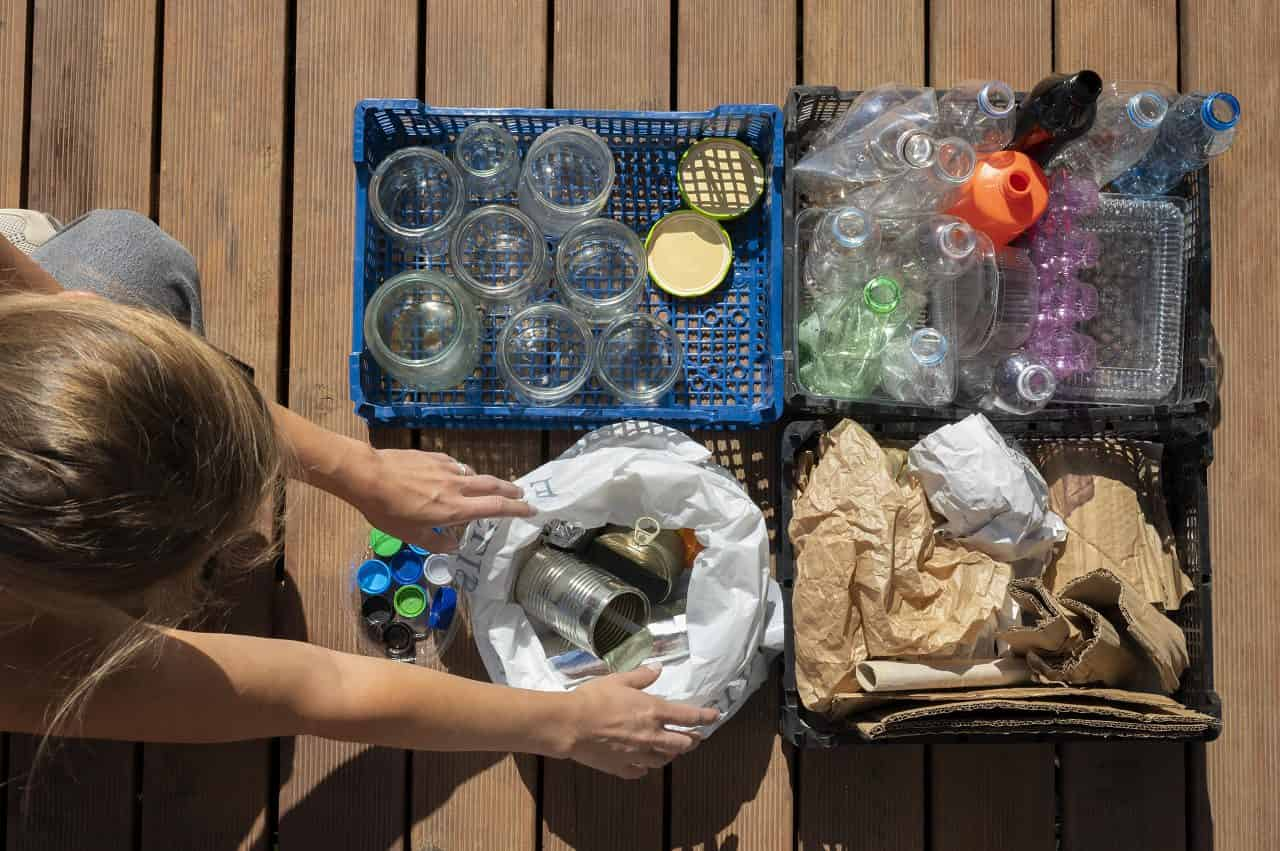Latin America faces significant challenges in establishing recycling as a sustainable waste management system. Compared to other regions globally, it continues to report some of the lowest recycling rates. However, progress is evident in certain cities and initiatives, providing hope for broader advancements in the region.
Recycling Statistics in Latin America
According to the World Bank’s “What a Waste 2.0” report, Latin America generates approximately 430,000 tons of garbage daily. This equates to an average of 1 to 14 kilograms of waste per person. Despite this massive waste production, only 4.5% of it is recycled, falling far below the global average of 13.5%. This discrepancy underscores the urgent need for improved recycling systems and practices.
Some cities have demonstrated notable efforts in recycling and composting. For instance:
- Montevideo, Uruguay, and Bogotá and Medellín, Colombia, recycle over 15% of their waste.
- Cities like Mexico City, Estado de México, and Rosario, Argentina, compost approximately 10% of their waste.
These examples highlight that progress is possible, even within a region grappling with systemic challenges.
Recycling: A Pending Assignment
Experts agree that recycling remains a significant issue in Latin America and the Caribbean. The region’s low recycling rate is a major barrier to achieving global sustainability goals. As industries and governments recognize the importance of circularity, they are exploring strategies to increase recycling rates and integrate waste management into a circular economy model. These efforts include investing in technology, developing public policies, and fostering a culture of recycling among citizens.
Transitioning to a Circular Economy
The transition to a circular economy in Latin America is underway, albeit at varying speeds across countries. This transition focuses on reducing waste, extending the lifecycle of materials, and rethinking consumption patterns. Experts suggest that digitalization plays a pivotal role in facilitating this transformation.
Emerging Leaders in Circular Economy
Countries like Mexico, Colombia, Brazil, and Bolivia are considered emerging leaders in the rapid adoption of innovative practices. However, achieving a full transition requires robust public policies to ensure that both large and small players in the waste management sector embrace new technologies. To guide this transition, several nations have outlined a roadmap comprising 92 actions grouped into four key areas:
- Circular Innovation: Encouraging research and development in recycling and waste management technologies.
- Circular Culture: Promoting awareness and education about recycling and sustainability among citizens and businesses.
- Circular Regulation: Establishing legal frameworks to support recycling initiatives and enforce compliance.
- Circular Territories: Developing localized strategies to implement circular economy principles in specific regions.
Technologies Driving the Circular Economy
Technological advancements are crucial for improving recycling processes and achieving a circular economy. Current recycling methods, such as mechanical recycling, involve shredding plastic waste, washing it, removing contaminants, and transforming it into recycled granules for new product manufacturing. Innovations in this field aim to enhance efficiency and expand the scope of recyclable materials.
Promising Technological Developments
Research into new recycling technologies offers hope for addressing the region’s waste management challenges. Key innovations include:
- Reactive Extrusion: Improves the properties of recycled materials, making them suitable for more applications.
- Delamination of Multilayer Packaging: Separates layers of composite materials, enabling more effective recycling.
- Supercritical Fluid Extrusion: Uses high-pressure fluids to improve material processing.
- Decontamination Technologies: Removes contaminants from waste materials, allowing their reuse in sensitive applications such as food packaging.
These advancements can optimize the recycling cycle, ensuring that waste materials are efficiently converted into new raw materials. Such technologies also enhance traceability, enabling better monitoring of waste streams and ensuring high-quality output.
The Road Ahead
Latin America’s journey toward sustainable waste management and recycling is fraught with challenges but also marked by opportunities. The region’s low recycling rates highlight the need for urgent action, while emerging initiatives demonstrate that progress is achievable.
For Latin America to become a global leader in recycling and the circular economy, collaboration between governments, industries, and citizens is essential. Investment in technology, comprehensive public policies, and fostering a culture of recycling can drive meaningful change. By addressing these challenges head-on, the region can turn its recycling shortcomings into an opportunity for innovation and sustainability.

